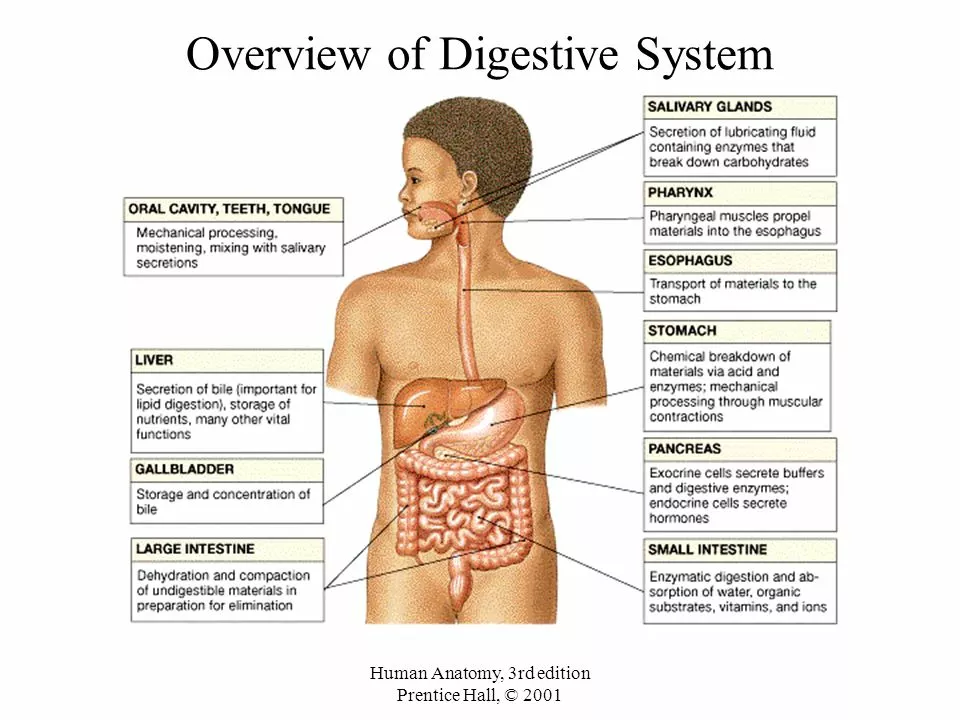Gut Health: How Medications, Food, and Online Pharmacies Matter
Your gut does more than digest food. It helps your immune system, affects mood, and responds quickly when you take medicines. That means what you eat and which drugs you use can change how your gut feels and works. Here are practical, no-nonsense steps to protect your gut and avoid common problems.
Protecting Your Microbiome When You Need Antibiotics
Antibiotics like metronidazole (Flagyl), Augmentin, or Bactrim can treat infections but also hit friendly bacteria. That can cause loose stools, yeast overgrowth, or increase the risk of C. difficile. If you must take antibiotics, try these steps:
- Take a targeted probiotic. Saccharomyces boulardii or a Lactobacillus blend often helps prevent antibiotic-associated diarrhea. Start during antibiotics and keep taking it for 1–4 weeks after finishing.
- Space doses. Take probiotics at least 2 hours after your antibiotic dose so the antibiotic doesn’t kill the probiotic bacteria.
- Eat fermented foods like yogurt, kefir, or sauerkraut if you tolerate them. They help restore variety to your gut flora.
- Watch for red flags: high fever, severe belly pain, bloody stools, or diarrhea lasting more than 48 hours. Those need medical care right away.
Safe Self-Care for Diarrhea and Constipation
Diarrhea: stay hydrated. Use oral rehydration solutions or mix water with a pinch of salt and some sugar. For adults, loperamide (Imodium) can reduce stool frequency, but don’t use it if you have a high fever or bloody stool. If diarrhea follows antibiotics, mention it to your doctor—C. difficile needs specific treatment.
Constipation: increase fiber gradually with fruits, vegetables, and whole grains. Drink more water and move your body daily. If lifestyle changes don’t help, polyethylene glycol (Miralax) is a gentle option. Avoid overusing stimulant laxatives for long periods.
Some common medicines irritate the gut. NSAIDs can cause ulcers or belly pain if used long-term. Steroids and some heart or cholesterol drugs can also upset digestion for some people. If a medicine bothers your gut, ask your provider about alternatives or dose changes.
Buying meds online? Be cautious. Use sites that require a prescription, show a real pharmacy license, and accept secure payment. Avoid sites that sell prescription drugs without asking for a prescription. Read recent reviews and check for clear contact info. If a deal looks too good, it probably is.
Want a quick checklist: hydrate, use targeted probiotics with antibiotics, avoid alcohol when on metronidazole, choose safe OTC options, and contact a provider for severe or persistent symptoms. Small changes usually bring fast relief—and keep your gut working the way it should.
Shingles and Your Digestive System: How the Virus Affects Your Gut
In my recent blog post, I discussed the connection between shingles and our digestive system. It turns out that the virus responsible for shingles, the varicella-zoster virus, can also affect our gut health. Many people who suffer from shingles may experience digestive issues like nausea, abdominal pain, and even constipation. It's important to be aware of these symptoms and seek medical help if needed. Maintaining a healthy diet and staying well-hydrated can also help alleviate some of these issues.
Read More
